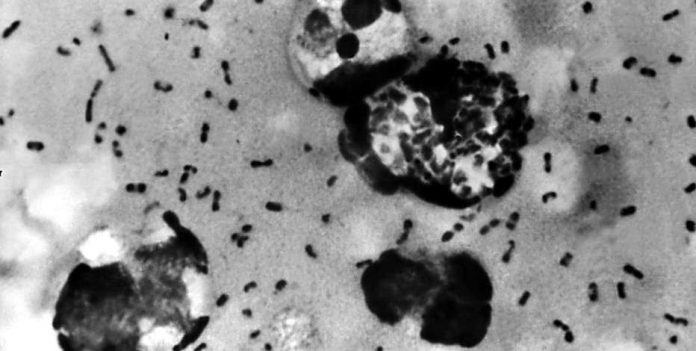The Pueblo Department of Public Health and Environment (PDPHE), in conjunction with the Colorado Department of Public Health and Environment (CDPHE), is currently investigating a human case of plague based on preliminary test results.
The plague bacterium, known as Yersinia pestis, can be transmitted by fleas and wild rodents, such as prairie dogs, squirrels, rats, and rabbits.
According to the CDC, “Humans usually become infected through the bite of an infected rodent flea or by handling an infected animal. Plague can be cured with antibiotics, but these must be given promptly to prevent serious illness or death.”
Symptoms of plague include sudden fever and chills, severe headache, muscle aches, nausea, vomiting and a general feeling of illness. Swollen lymph nodes with pain are also a common symptom.
Plague can manifest in three forms: Bubonic plague infects your lymph nodes, septicemic plague is in your blood and pneumonic plague affects your lungs. Health officials did not specify which form the case in Pueblo County was.
Alicia Solis, program manager of the Office of Communicable Disease and Emergency Preparedness at PDPHE, advises individuals to take precautions to protect themselves and their pets from plague.
Solis advised the public on how to protect themselves and their pets from the plague:
- Eliminate places that rodents can hide and breed around your home, garage, shed or recreation area. Remove brush, rock piles, trash, and piles of lumber.
- Avoid contact with dead animals. If you must handle sick or dead animals follow these guidelines. First, put on an insect repellant to protect yourself from fleas. Then use a long-handled shovel to place it in a garbage bag. Lastly, place the bag in an outdoor garbage can.
- Use insect repellent that contains 20%-30% DEET to prevent flea bites. Treat pants, socks, shoe tops, arms, and legs.
- Do not let pets sleep in bed with you.
- Treat dogs and cats for fleas regularly. Flea collars have not been proven effective.
- Do not allow pets to hunt or roam in rodent areas, such as prairie dog colonies.
- Keep pet food in rodent-proof containers.
“If you develop symptoms of plague, see a health care provider immediately. Plague can be treated successfully with antibiotics, but an infected person must be treated promptly to avoid serious complications or death,” said Alicia Solis.


The post Public Health Officials Warn of Human Plague Case in Colorado appeared first on The Gateway Pundit.
This article may have been paraphrased or summarized for brevity. The original article may be accessed here: Read Source Article.









